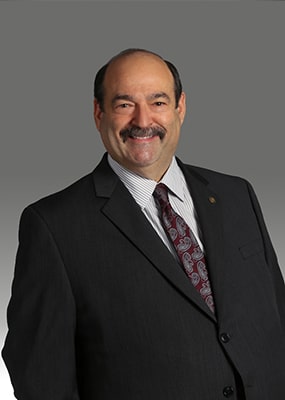
The National Council of Legislators from Gaming States (NCLGS) held its Summer Meeting at the Westin Copley Place in Boston, Massachusetts in early July 2022. Steven Geller, who is the NCLGS’s General Counsel, was a panelist on the topic of Sports Betting at the conference. The conversation centered around the Wire Act of 1961, which banned gambling across state lines. Prior to 2011, the U.S. Department of Justice stated that the Wire Act applied to all types of gambling. In 2011, the U.S. Department of Justice reversed their prior opinion, and stated that the Wire Act only applied to sports betting. In 2018, the same body reversed the reversal, and again declared that the Wire Act applied to any form of gambling. In 2020, a federal judge ruled that the more limited 2011 interpretation was correct. In 2021 The 1st Circuit Court of Appeals agreed with the Federal Judge’s ruling that the Wire Act only applied to Sports betting. However, the U.S. Department of Justice has not changed their interpretation that the Wire Act applies to all types of gambling. These confusing rulings and reversals of the Act were debated by the panel during the session, and, most importantly, how the Wire Act applies to Sports Betting. “In my belief, the current state of sports betting is based more on what people want the law to be, instead of what the law actually is,” said Geller. “I believe all of these attempts at wireless sports betting seem to violate the Wire Act,” Geller said. “I think [sports betting] should be limited to in-person. Now, do I think Congress should change the law? Absolutely. But until they do, I think we are bound by [the Wire Act].” Geller said that consideration of limiting sports betting to brick-and-mortar sites might best be looked at for lawmakers in the sense of job creation — with online gambling employing far fewer local residents. “That is one of the fundamental reasons that people justify [legalization of] gambling,” Geller said. When the conversation turned to the possibility of a group of states forming a collective in an...


